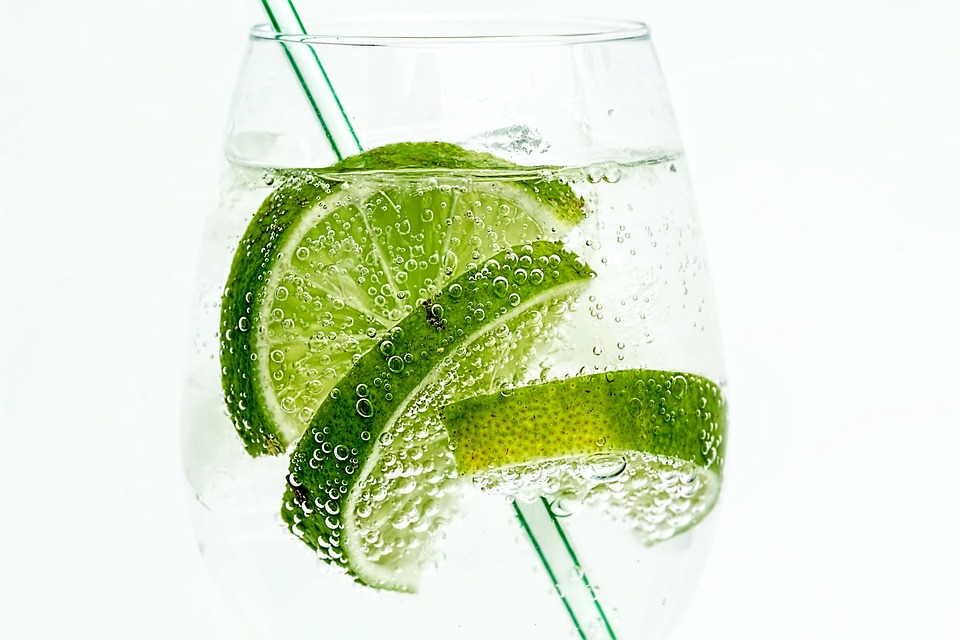From Farm to Glass: The Rise of Organic and Sustainable Drinks
In recent years, the beverage industry has undergone a significant transformation as consumers become increasingly health-conscious and environmentally aware. This shift has given rise to a burgeoning market for organic and sustainable drinks, where the journey from farm to glass prioritizes not just taste and quality, but also ethical production and environmental stewardship. This article explores the factors driving this trend, the variety of drinks available, and the impact on both consumers and producers.
The Consumer Awakening
The modern consumer is more informed than ever. With a wealth of information available on the internet and social media, individuals are increasingly aware of the effects of traditional farming practices on health and the environment. Reports linking synthetic pesticides and fertilizers to health risks, along with growing concerns about climate change, have sparked a collective desire for transparency in food and beverage production.
Organic drinks—whether they be juices, teas, coffees, or alcoholic beverages—are perceived as healthier alternatives, free from harmful chemicals. Moreover, sustainable practices resonate with consumers who wish to reduce their carbon footprint and support environmentally responsible brands. The rise of certifications like USDA Organic, Fair Trade, and Rainforest Alliance further aids consumers in making informed choices.
The Diverse Landscape of Organic Beverages
The organic beverage market is diverse, spanning various categories:
-
Organic Juices: Cold-pressed juices made from organic fruits and vegetables provide consumers with a refreshing option that retains more nutrients than conventional alternatives. Brands are increasingly sourcing their produce from local, sustainable farms to ensure freshness and support community economies.
-
Brewed Beverages: Organic teas and coffees are gaining popularity as more consumers look for healthier caffeine options. These beverages are not only cultivated without harmful chemicals but are also often shade-grown, helping to preserve biodiversity.
-
Craft Beers and Wines: The craft beverage movement has merged seamlessly with the trend toward organic and sustainable practices. Breweries and vineyards that adopt organic farming methods are often lauded for their innovation, producing unique flavors that highlight the terroir without synthetic additives.
-
Non-Alcoholic Options: With the rise of the mindful drinking movement, organic and sustainable non-alcoholic alternatives, such as herbal tonics and mocktails, are increasingly in demand. These options offer flavorful experiences without the adverse effects of alcohol, appealing to a broad audience.
Environmental and Social Impacts
The shift toward organic and sustainable drinks has profound implications for the environment and local communities. Organic farming methods reduce pesticide and fertilizer runoff, promoting healthier ecosystems. Additionally, practices such as crop rotation and cover cropping improve soil health and resilience, contributing to better long-term agricultural sustainability.
Socially, supporting organic and sustainable beverage producers often means investing in fair labor practices. Many organic farms prioritize ethical treatment of workers, ensuring fair wages and safe working environments, thus fostering a more equitable food system.
Furthermore, there’s a growing emphasis on reducing waste. Many beverage companies are adopting sustainable packaging solutions, such as glass bottles, compostable containers, and refill stations, minimizing their environmental impact.
The Future of the Organic Beverage Market
As awareness and demand for organic and sustainable drinks grow, industry projections suggest that this trend will only continue to expand. Market research shows a consistent increase in sales of organic beverages, with consumers willing to pay a premium for products that align with their values. This evolving landscape presents opportunities for innovation, urging producers to experiment with flavors and create unique offerings that challenge traditional norms.
Amidst the ongoing discourse surrounding health, sustainability, and environmental preservation, the journey from farm to glass reflects a deeper connection between consumers and the origins of their beverages. As the organic and sustainable drinks movement flourishes, it fosters a holistic approach to consumption, encouraging a shift toward mindful choices that benefit both individual health and the planet.
In conclusion, the rise of organic and sustainable drinks exemplifies a remarkable transformation in how we perceive and consume beverages. This movement has the potential to redefine not only what we drink but also how we think about our relationship with food and the environment. As consumers continue to savor the fruits of sustainable practices, the future of the beverage industry looks brighter, greener, and more connected than ever before.
For more detailed insights on the trends and impacts of organic drinks, visit [modern_footnote_source_link].


























Add Comment